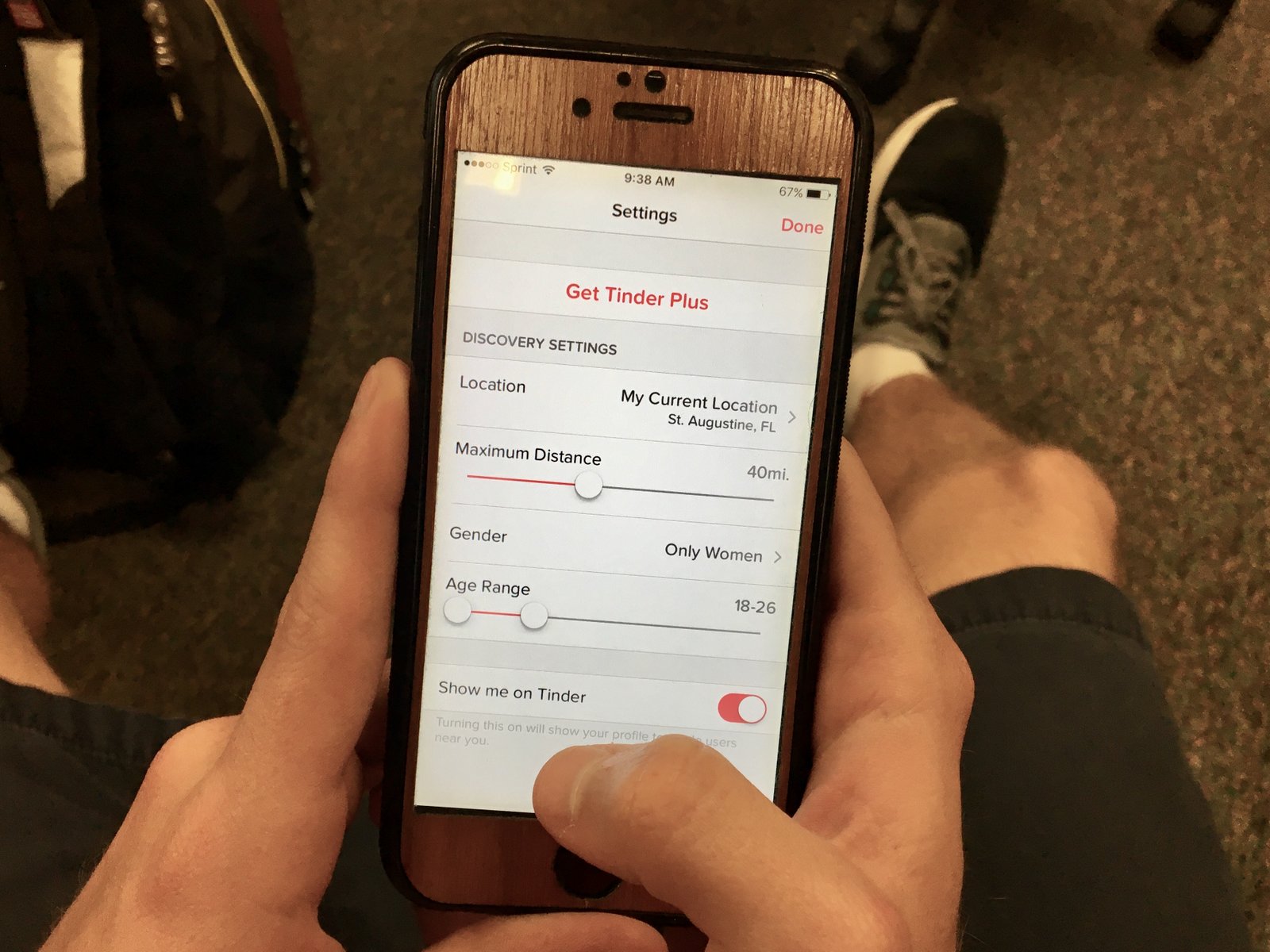By Courtney Knudsen | gargoyle@flagler.edu
Those who use dating apps may be able to find out their potential partner’s HIV status as
easily as their age or location. Grindr, a dating application for gay users, provided a
survey aiming to find out how their users would feel if they implemented a filter that
requested HIV status.
The survey asked participants to state their HIV status, and to identify how they felt about
potentially being able to filter the men they see on the app by HIV status. The survey also
rated their willingness to have “sexual encounters” with people who have a different HIV
status than their own.
In a statement, Grindr explained the survey was intended to gauge their user’s willingness
for a filter, and to eventually create an open dialogue about the disease among users.
“We have observed a significant increase in user profiles openly discussing their HIV
status and test dates. Given that this has not been a part of our profile options to date, we
are surveying users to determine both their desire to share this information, and ways to
prevent stigma and provide proper support,” the statement said. “Sometimes this involves
asking uncomfortable questions.”
 One student, who disclosed that he was HIV positive, expressed his support for the filter,
One student, who disclosed that he was HIV positive, expressed his support for the filter,
explaining that he would feel more comfortable matching with someone who already
knew his HIV status.
“I’d imagine going through normal dating sites would be a huge pain, the majority of the
time being turned down when the other person finds out you’re positive,” he said.
“Finding someone who’s already infected would be ideal.”
Emily Topper, 23, has written about her experiences using Tinder online. Topper is a
staff writer at the Plant City Times and Observer. She feels the implementation of a filter
could be good and bad. Topper says the topic of diseases is important, but is made easily
avoidable with dating apps.
“It’s a necessary conversation, but it’s one people are apt to avoid when they have the
option of someone different who won’t ask questions from the screen in their pocket.”
Other users worry that having this information available to all may lead to negative
consequences.
Dustin Danner, a student at University of Florida, said he did not use such apps, but
expressed concern over who would receive the data.
“It could provide an outlet to expose people,” he said.
Daniel Reeders, an educator at Australian National University who studies HIV
stigma, agrees that disclosing this information could be harmful.
Reeders told CNN, “Dating sites and apps shouldn’t ask for HIV status because
there’s no way to guarantee that privacy and safety will be protected for people who
disclose they are positive.”
Reeders worried that the existing stigma of HIV could lead to dangerous situations
for the individual when the information is public.
“The harassment that ‘poz’ (HIV-positive) people face can be extreme, even though
it’s from a small segment of the community. People already have the ability to
disclose their status in their profile text, if they choose to do so.”
According to the Pew Research Center, the number of Americans on dating apps has
risen from 3 percent in 2013 to 9 percent in 2016. With a growing number of individuals
turning to their phones to find relationships, more filters could help narrow down
potential candidates, as well as influence the stigma of HIV – whether it be positive or
negative.
Should dating apps ask HIV status?



Be the first to comment on "Should dating apps ask HIV status?"